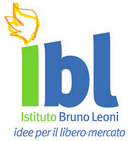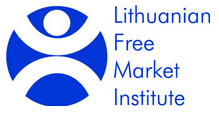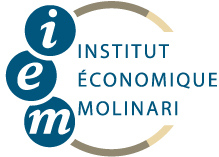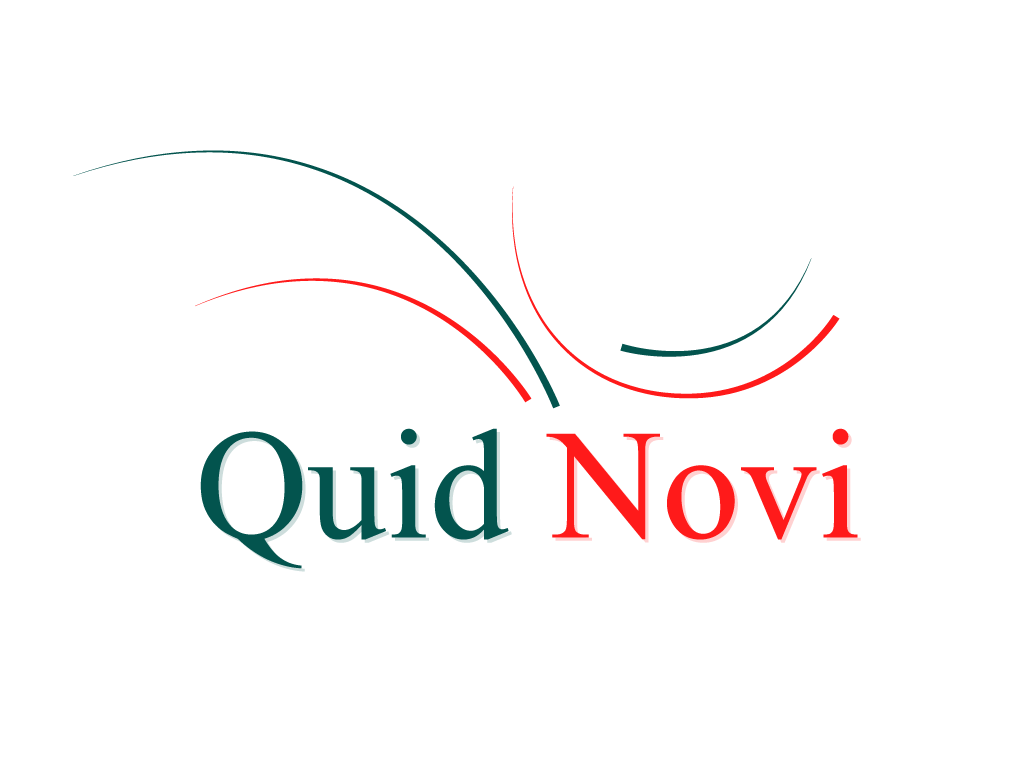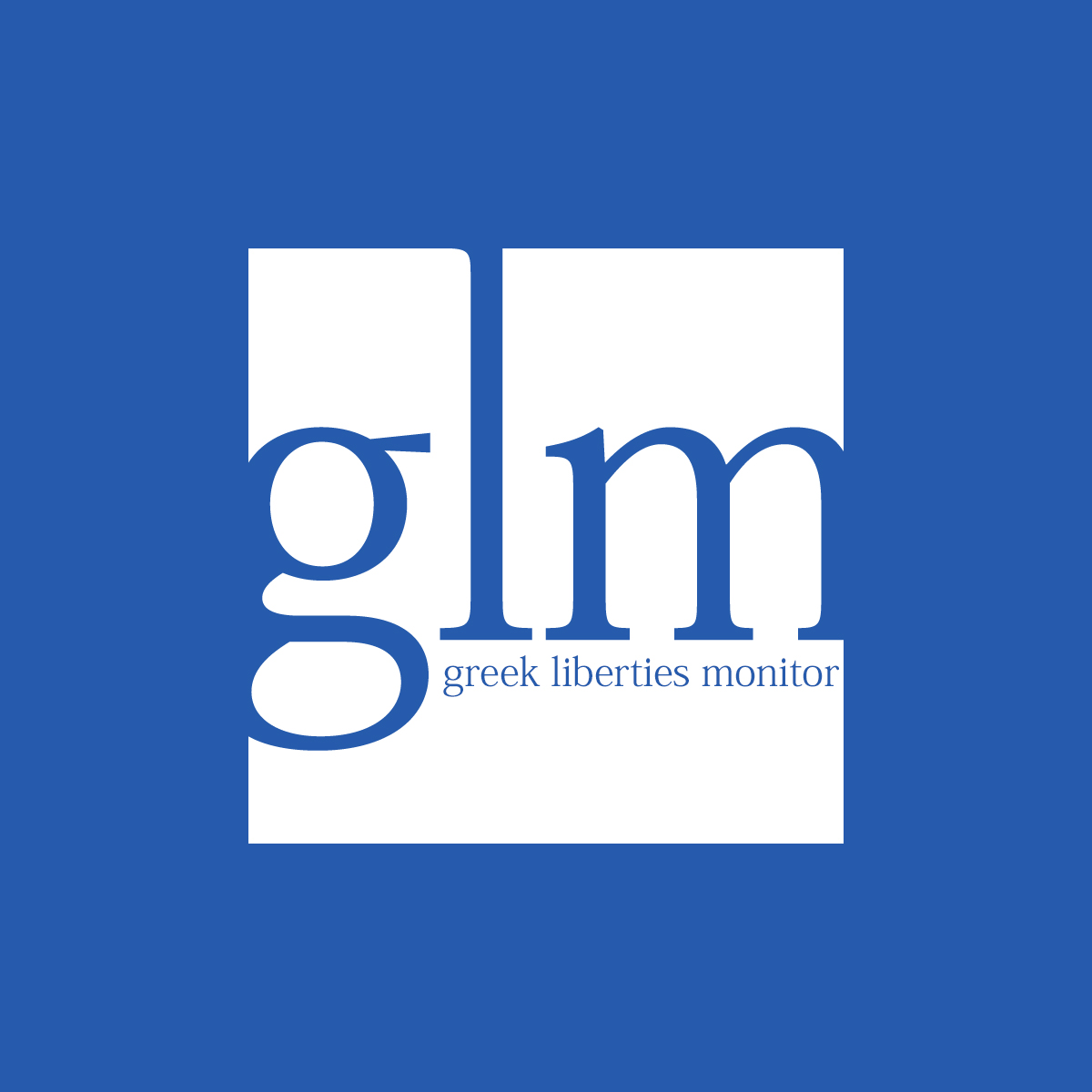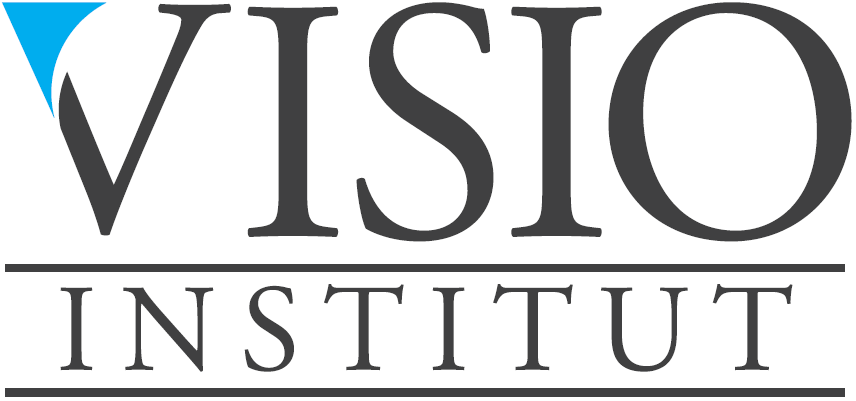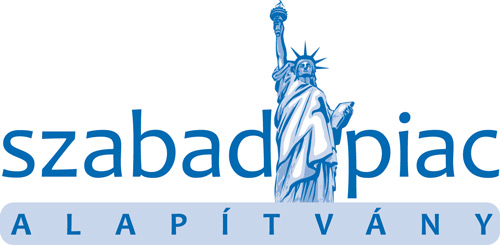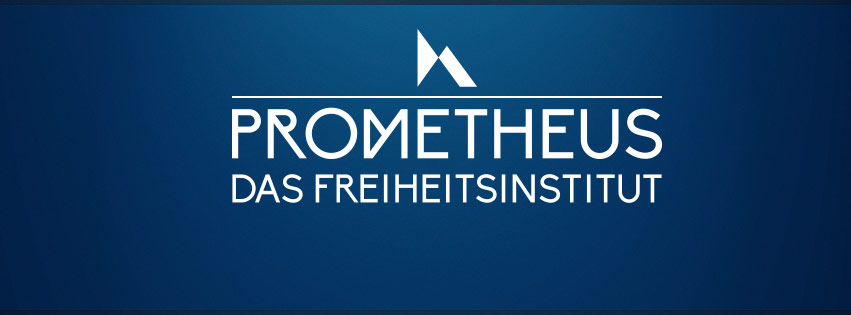About
The Nanny State Index (NSI) is a league table of the worst places in the European Union to eat, drink, smoke and vape. The initiative was launched in March 2016 and was a media hit right across Europe. It is masterminded and led by IEA’s Christopher Snowdon with partners from all over Europe. The 2017 edition of the index was revealed during a full day conference in Brussels and featured high level discussions and debates between MEPs, industry experts, think tankers and regulators about the effects of regulation on health outcomes.
Enquiries: info@epicenternetwork.eu
Download the pdf here.
Categories
About the Editor
Christopher Snowdon is the head of Lifestyle Economics at the Institute of Economic Affairs. His research focuses on lifestyle freedoms, prohibition and policy-based evidence. He is a regular contributor to the Spectator Health blog and often appears on TV and radio discussing social and economic issues.
Snowdon’s work encompasses a diverse range of topics including ‘sin taxes’, state funding of charities, happiness economics, ‘public health’ regulation, gambling and the black market. Recent publications include ‘Drinking, Fast and Slow’, ‘The Proof of the Pudding: Denmark’s Fat Tax Fiasco’, ‘The Crack Cocaine of Gambling?’, ‘The Wages of Sin Taxes’, ‘Drinking in the Shadow Economy’, ‘Sock Puppets: How the government lobbies itself and why’ and ‘Closing Time: Who’s killing the British pub?’. He is also the author of ‘Selfishness, Greed and Capitalism’ (2015), ‘The Art of Suppression’ (2011), ‘The Spirit Level Delusion’ (2010) and ‘Velvet Glove, Iron Fist’ (2009).
United Kingdom 2017

‘Until 1914’, wrote the historian A. J. P. Taylor, ‘a sensible, law-abiding Englishman could pass through life and hardly notice the existence of the state’. The same can surely not be said about Britain in 2017. Like Ireland, the UK has seen a rising tide of lifestyle regulations in recent years. Its smoking ban, introduced in 2007, allows fewer exemptions than that of almost any other country and was extended to cars carrying passengers under the age of 18 in 2015 (2016 in Scotland). In 2008, Britain became the first EU country to mandate graphic warnings on cigarettes and cigarette vending machines were banned in 2011. A full retail display ban followed in 2015. In May 2016, the UK and France became the first European countries to ban branding on tobacco products (‘plain packaging’) in May 2016.
The UK has some particularly punitive sin taxes. It has the highest taxes on cigarettes and wine in the EU and the second highest taxes on beer. There are relatively few legal limits on where alcohol can be advertised but there are strict guidelines on content. Off trade alcohol discount deals such as buy-one-get-one-free are banned in Scotland.
Anti-smoking policies are now being rolled out to food and soft drinks. A ban on ‘junk food’ advertising to children was extended to digital media in December 2016 and a UK-wide tax on sugary drinks is expected to be implemented in 2018. There is a ban on sugary drinks in Scottish hospitals and both the Scottish and Welsh governments support minimum pricing for alcohol. Britain’s Nanny State Index score for food and soft drinks arguably makes the country seem more liberal than it is because it does not include the food reformulation scheme which has led to chocolate bars shrinking and food products becoming less tasty as Public Health England pushes food manufacturers towards reducing sugar, salt and fat content. Although this scheme is technically voluntary, it is backed up with the threat of legislation.
The only sliver of liberalism comes in the UK’s approach to e-cigarettes. Although the Welsh Assembly has proposed banning vaping in many indoor public places, no legislation forbids e-cigarette use in the UK. Domestic e-cigarette advertising is legal and there has been no gold-plating of the Tobacco Products Directive. Cross-border sales are legal and although the Scottish government has granted itself powers to ban domestic e-cigarette advertising it has not yet done so.
 Austria
Austria Belgium
Belgium Bulgaria
Bulgaria Croatia
Croatia Cyprus
Cyprus Czech Republic
Czech Republic Denmark
Denmark Estonia
Estonia Finland
Finland France
France Germany
Germany Greece
Greece Hungary
Hungary Ireland
Ireland Italy
Italy Latvia
Latvia Lithuania
Lithuania Luxembourg
Luxembourg Malta
Malta Netherlands
Netherlands Norway
Norway Poland
Poland Portugal
Portugal Romania
Romania Slovakia
Slovakia Slovenia
Slovenia Spain
Spain Sweden
Sweden Turkey
Turkey United Kingdom
United Kingdom
